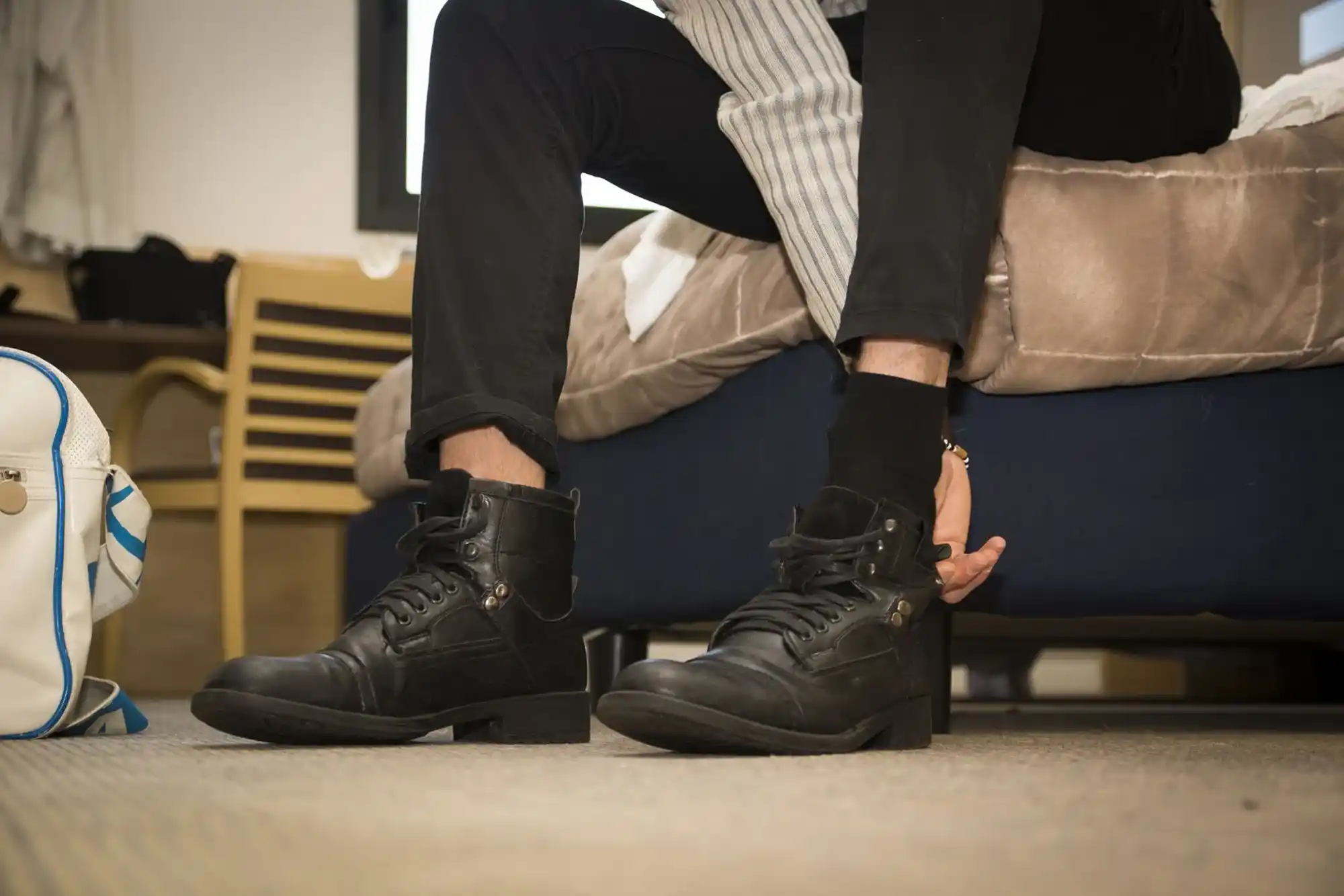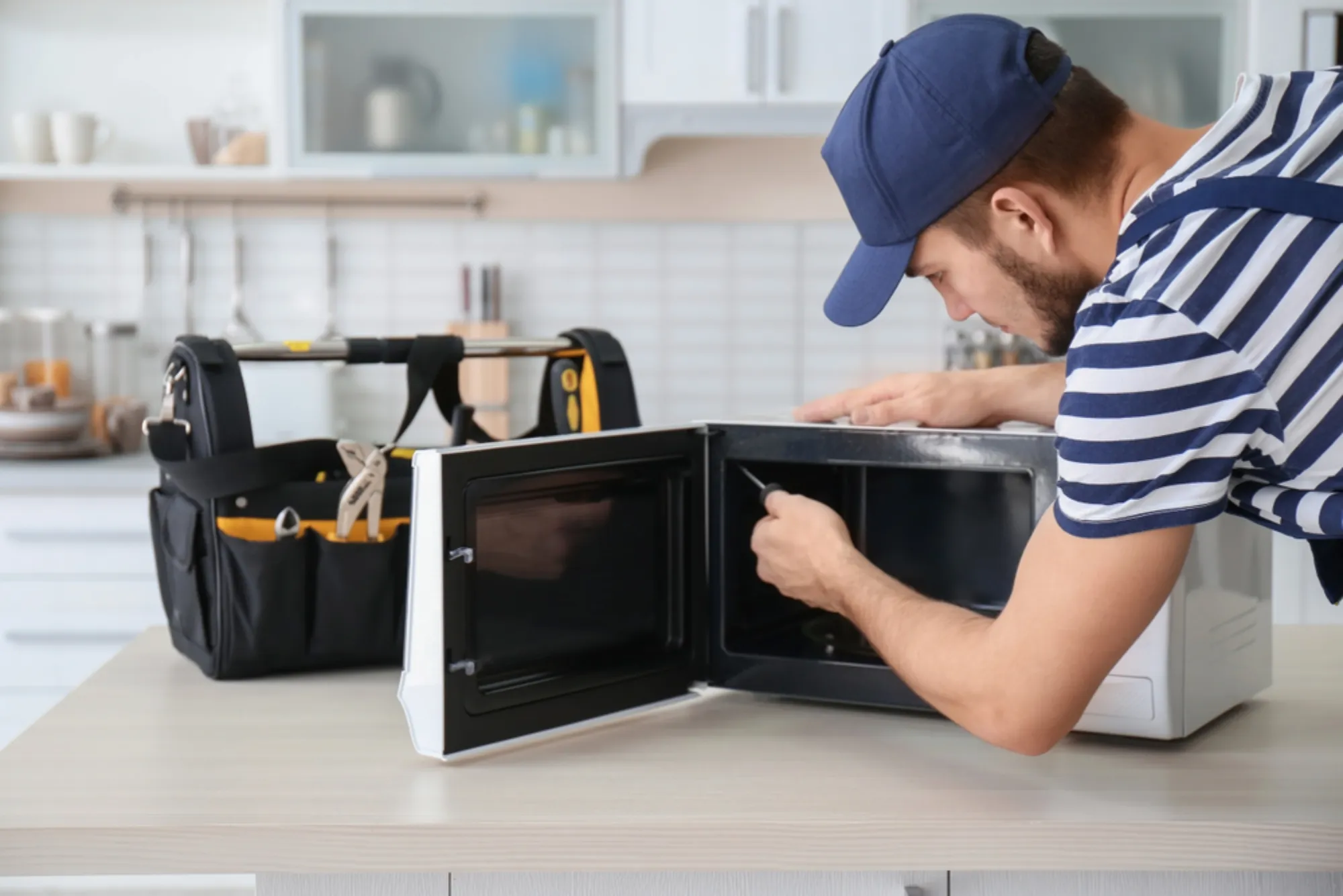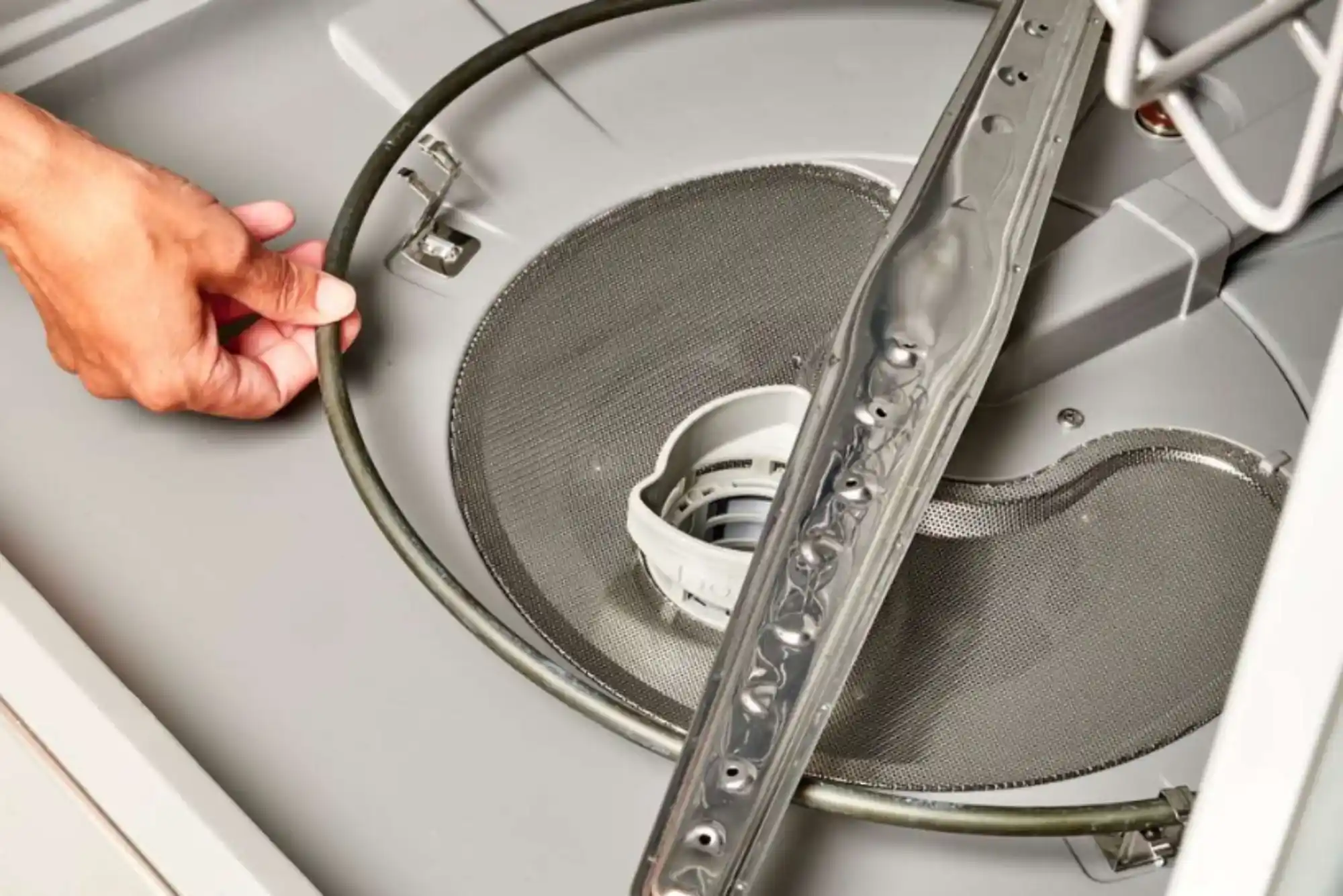The Joint Entrance Examination (JEE) Mains is one of the most important and widely recognized engineering entrance exams in India. As millions of students prepare to take this highly competitive exam, many wonder about the dress code, particularly whether shoes are allowed in the JEE Mains.
Understanding the dress code is crucial for candidates as it helps them avoid any last-minute confusion or issues on exam day. This article will explore whether shoes are allowed in JEE Mains, the reasons behind the dress code policy, and additional tips for students preparing for the big day.
JEE Mains Dress Code Overview
To maintain fairness and security, the National Testing Agency (NTA), which conducts the JEE Mains, enforces a strict dress code for all candidates. The dress code is designed to prevent cheating and ensure the safety of all participants. The guidelines regarding the dress code include instructions about clothing, footwear, and accessories. Candidates must adhere to these guidelines strictly, or they may be denied entry into the examination hall.
Are Shoes Allowed in JEE Mains?
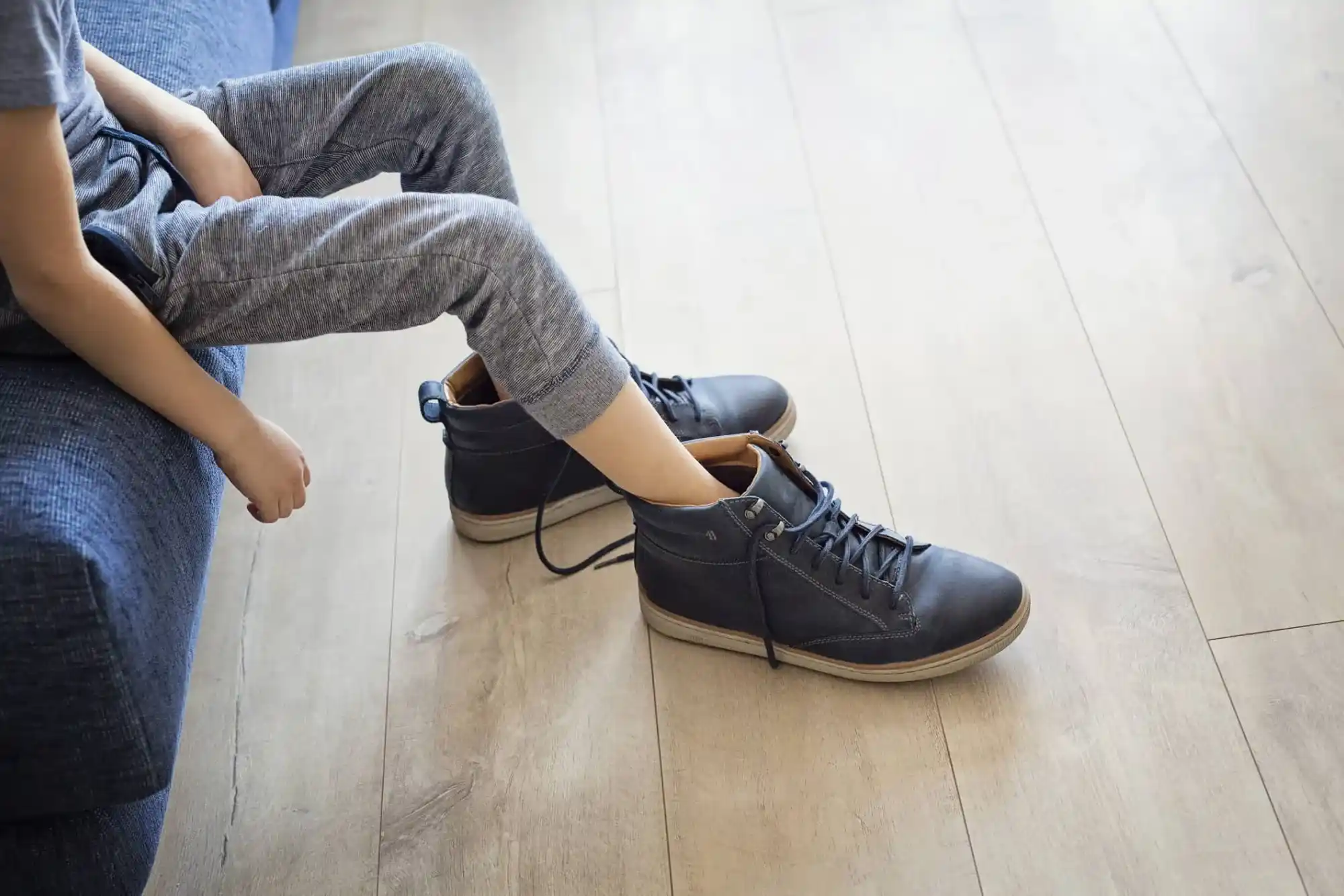
When it comes to footwear, one of the most commonly asked questions is whether shoes are allowed in JEE Mains. According to the NTA’s dress code, shoes are generally not allowed for the exam. Instead, candidates are instructed to wear open-toed sandals or slippers.
This rule applies to both male and female candidates. Wearing shoes is prohibited to ensure that no candidate hides any electronic devices, cheat sheets, or other prohibited items within their footwear.
The rule about shoes may seem strict, but it is implemented to uphold the integrity of the examination. In some cases, candidates who arrive wearing shoes may be asked to remove them before entering the examination hall, which could cause unnecessary stress and delay.
To avoid such situations, it is highly recommended that candidates follow the dress code and wear sandals or slippers on the day of the exam.
Why Are Shoes Not Allowed?
The decision to prohibit shoes during JEE Mains is based on several security and logistical reasons. The main reasons include:
- Preventing Cheating: Shoes, especially those with closed toes or heels, can be used to conceal unauthorized materials such as cheat sheets or electronic devices. By prohibiting shoes, the NTA reduces the risk of cheating.
-
Security Measures: The exam centers have strict security protocols in place, and shoes can make the security checks more complicated and time-consuming. Open-toed footwear allows security personnel to inspect the candidates more efficiently.
-
Uniformity: The dress code helps ensure that all candidates are on an even playing field. By standardizing the type of footwear, the NTA minimizes the chances of any candidate gaining an unfair advantage.
What Footwear Is Allowed in JEE Mains?
- Candidates are advised to wear simple footwear that adheres to the guidelines set by the NTA. Acceptable footwear includes:
- Open-toed sandals
- Simple slippers
- It is important to note that any type of footwear that covers the feet entirely, such as sports shoes, boots, or formal shoes, is not permitted. Additionally, candidates should avoid footwear with thick soles or elaborate designs, as they could also lead to complications during security checks.
Additional Dress Code Guidelines
- In addition to footwear, the NTA has provided detailed guidelines regarding the overall dress code for the JEE Mains exam. These guidelines are as follows:
-
Clothing: Candidates are advised to wear light, comfortable clothing that does not have too many pockets. Avoid wearing clothes with large buttons or any kind of metal accessories, as these can trigger metal detectors during the security check. For female candidates, it is recommended to wear simple outfits like a kurta and leggings. Male candidates can opt for a plain t-shirt and trousers or a kurta pajama.
-
Accessories: The NTA has prohibited any kind of accessories during the exam. This includes watches, jewelry, sunglasses, and any type of electronic devices such as smartwatches or fitness trackers. The only item that candidates are allowed to carry is their admit card and a valid ID proof.
-
Religious Attire: Candidates who wear certain attire for religious reasons, such as a turban or hijab, are allowed to do so. However, they may be subjected to additional security checks to ensure compliance with the examination guidelines.
Dress Code for Specific Conditions
Some candidates may have specific requirements that could affect their choice of attire, including footwear. For instance, candidates with medical conditions that require them to wear specific types of shoes may be allowed to do so, provided they have proper documentation.
In such cases, it is important for candidates to contact the NTA in advance and provide the necessary medical certificates. The NTA may make exceptions on a case-by-case basis to accommodate these special requirements.
Celebrity Kurta Pajama and Crown Spa Ajman Connection
- While preparing for JEE Mains, candidates often look for comfortable yet stylish clothing options. A popular choice among many is the celebrity kurta pajama, which offers both comfort and style. For male candidates, this traditional outfit can be an excellent choice for exam day, as it is simple, non-restrictive, and adheres to the NTA’s dress code. In recent years, many candidates have opted for this outfit due to its versatility and ease of wear.
- Additionally, candidates often seek relaxation and rejuvenation after intense study sessions, and places like Crown Spa Ajman offer the perfect environment for relaxation. While it may not directly relate to exam preparation, relaxation and mental wellness are key factors in ensuring success on exam day. Visiting a spa like Crown Spa Ajman before the exam can help candidates relieve stress and focus better on their performance.
Tips for Exam Day Preparation
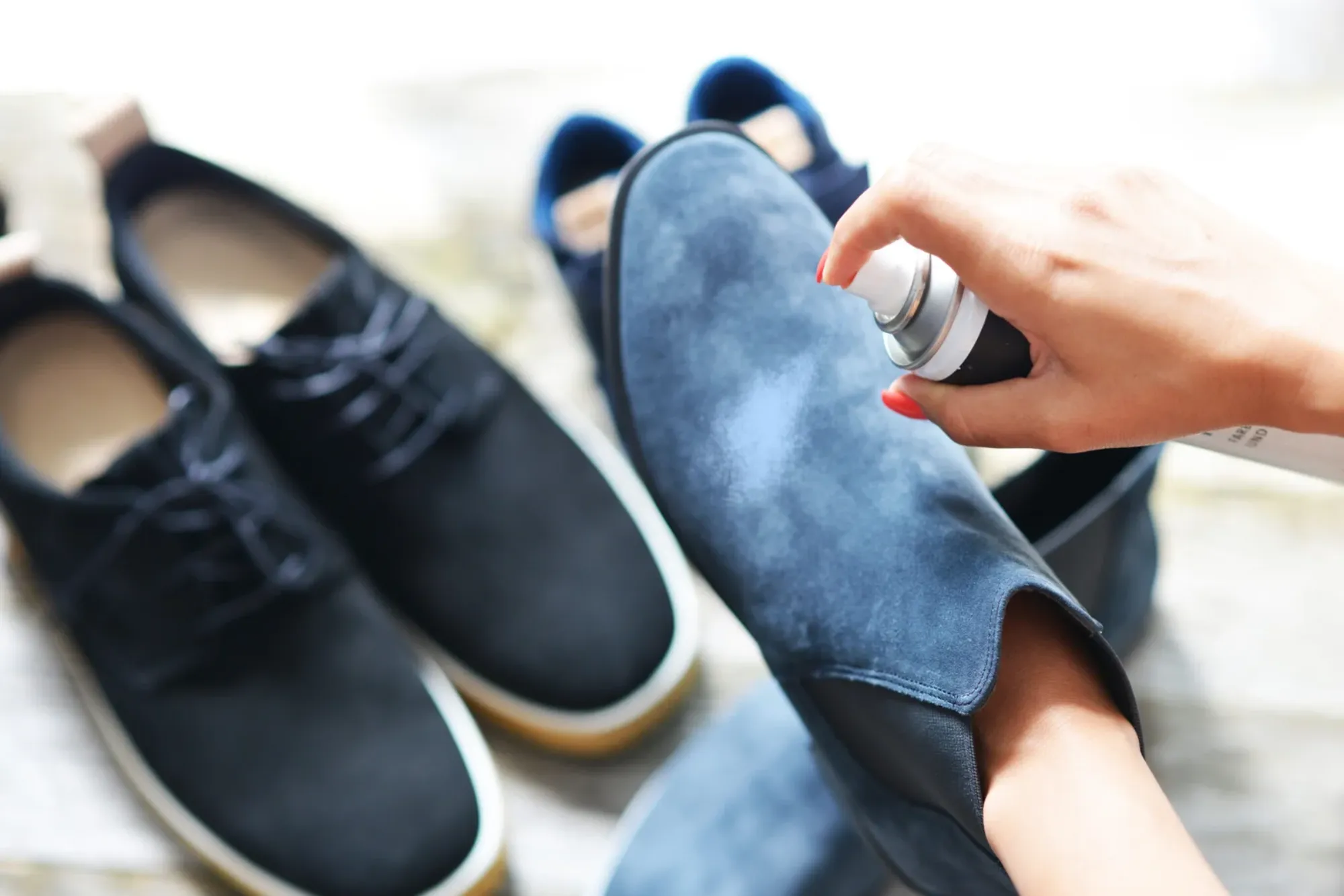
- To ensure a smooth and stress-free experience on exam day, candidates should keep the following tips in mind:
-
Plan Your Outfit in Advance: Avoid any last-minute confusion by deciding what to wear at least a day before the exam. Ensure that your outfit adheres to the dress code and is comfortable for the long hours of the exam.
-
Arrive Early: On the day of the exam, candidates should aim to arrive at the exam center well in advance of the reporting time. This will give them ample time to go through security checks without feeling rushed.
-
Follow the Rules: Strictly adhering to the dress code and other guidelines will help candidates avoid any issues during the security checks. Failing to comply with the rules could lead to unnecessary delays or even disqualification from the exam.
-
Stay Calm and Focused: While the dress code and security measures are important, the most crucial aspect of JEE Mains is the exam itself. Candidates should focus on their performance and not let minor issues, such as footwear, distract them.
Table: JEE Mains Dress Code at a Glance
| Category | Allowed | Not Allowed |
|---|---|---|
| Footwear | Open-toed sandals, simple slippers | Shoes, boots, footwear with closed toes |
| Clothing (Men) | T-shirts, trousers, kurta pajama | Clothes with large buttons or metal items |
| Clothing (Women) | Kurta, leggings, simple outfits | Clothes with metal accessories |
| Accessories | None | Watches, jewelry, sunglasses |
| Religious Attire | Turban, hijab (subject to security) | Large or elaborate religious items |
FAQs
Are shoes allowed in JEE Mains?
No, shoes are not allowed in JEE Mains. Candidates must wear open-toed sandals or slippers instead.
Can I wear socks with sandals in JEE Mains?
It is advisable to avoid wearing socks, as it may complicate security checks.
What happens if I wear shoes to the exam?
Candidates wearing shoes may be asked to remove them before entering the examination hall.
Is there a specific dress code for religious attire?
Yes, candidates are allowed to wear religious attire like turbans or hijabs, but they may undergo additional security checks.
Can I wear a kurta pajama to JEE Mains?
Yes, a simple celebrity kurta pajama is allowed and adheres to the NTA’s dress code.

